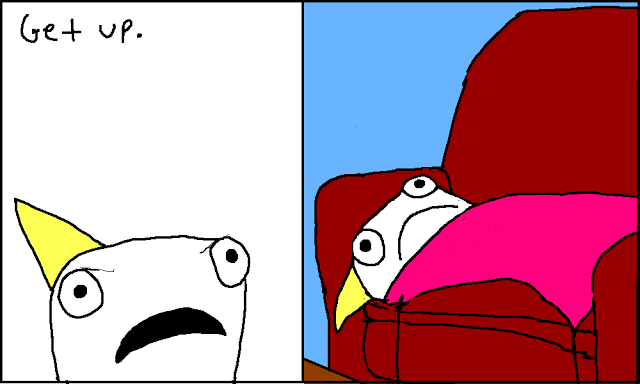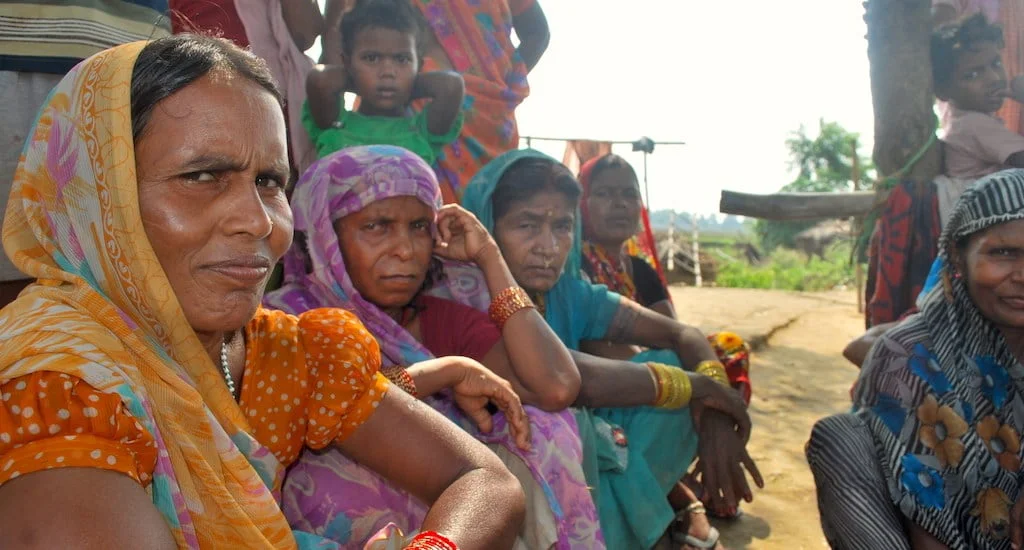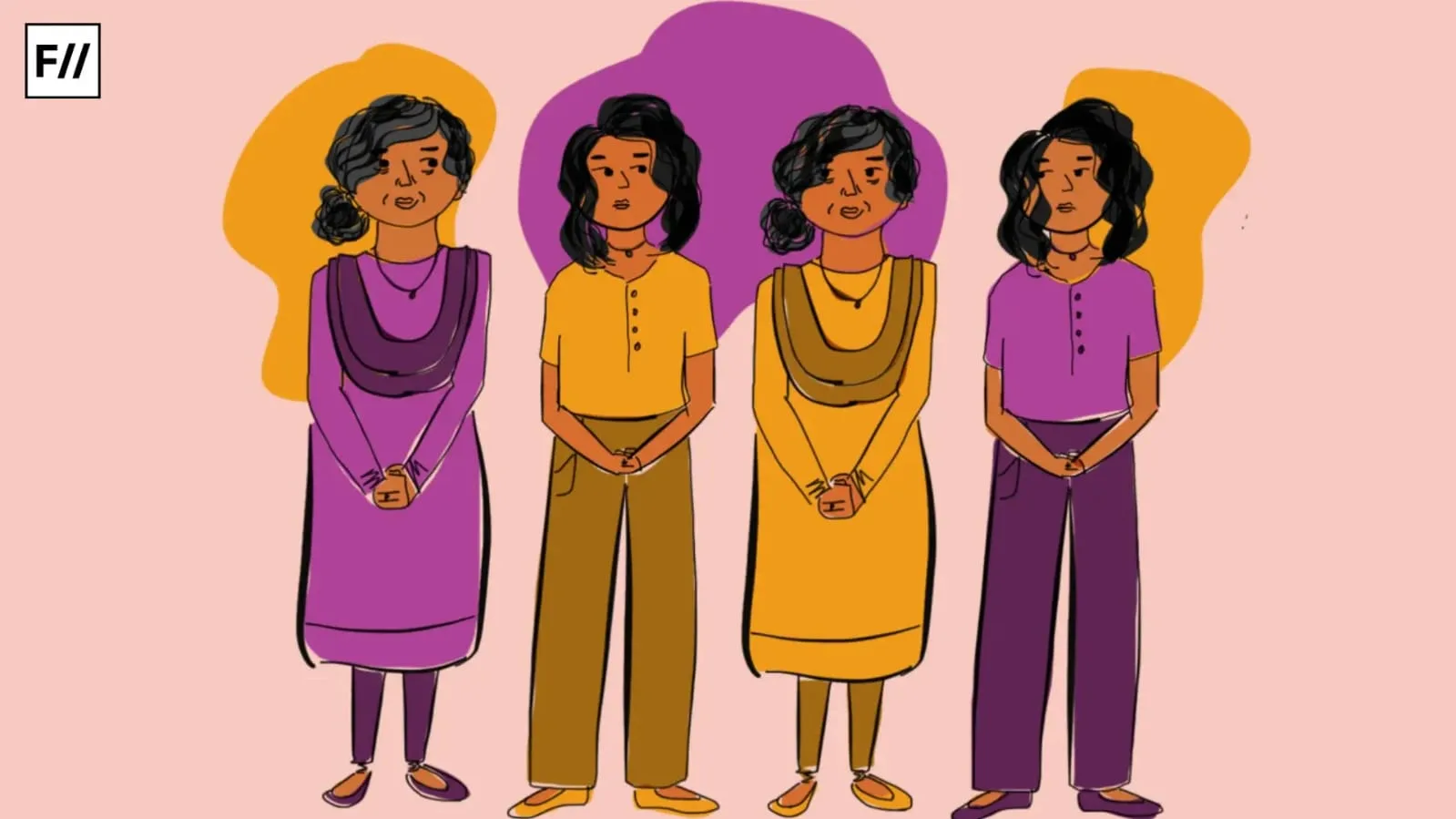Taming the beast requires naming the beast. The beast in question here is what I am calling my depression. For many, many years of my life I did not know that I grew up in an alcoholic and abusive household. All I knew was that even if we seemed ‘normal’ from the outside, we were not. A lot of things were wrong.
I never put two and two together. I wasn’t sure why I was angry as a teenager but it passed off as normal. I did not understand why I felt the urge to hurt and cut myself. I had periods where I could not stop crying and would lay in bed for days. At first I sought refuge in studying — if I could control my grades, everything else would be fine. Later, I became a workaholic. Everything could be a mess but as long as I could immerse myself in work, I could escape.
Little things would throw me off completely. I could not deal with illness or breakups, I would not allow myself to feel joy or acknowledge that I was lonely. I did know that if I did not change my life, I was likely to end up dead. I had the urge and I had the means.
Also read: Let’s Talk About Mental Health
Long story short, for me, changing my life meant leaving home. It was hard, it was horrible in the beginning. I was lonelier, something I did not think was possible. I was pursuing a graduate degree and oscillated between signing up for every student organization and class and laying for days in bed, unable to get up and go to class. A friend would send me encouraging messages on G-chat to get up and do at least one thing. I had a rule that if I could get out of the house once a day, it was a win.
I had looked up depression and its symptoms many, many times over the years. I probably knew I had depression. But I did not want to accept it. Accepting would mean naming it and naming it would mean it was my reality. But there came a point in my life that not accepting it simply wasn’t an option and that is how I found myself at the student health center, unable to stop crying. I was in a crisis, something that was evident to people around me. At this point, I could not remember the last time I felt hopeful, where I thought about my future life with happiness. I did not understand how other people got through life, how they dealt with things. Even a small argument felt like a huge blow to me. One way I dealt with this was to withdraw. It was a coping mechanism but it was an alienating coping mechanism.
So one day, after years and years, a lifetime really of living with an alcoholic, being physically and verbally abused, of being awkward and anxious, I named the beast. I had depression. None of this is to say depression always follows a linear path, that it has its roots in certain experiences and so not everyone has a reason to ‘feel depressed’. My depression is likely genetic (alcoholism is often self-medication for depression) and also has roots in the toxic family structure I grew up in.
What was harder was that I did not have a mild kind of depression, as I had been secretly hoping all these years. I had major depressive disorder. Along with its companion anxiety. Just looking at those words made me panic and reconsider seeking help. Accepting that I would not be able to start getting better without medicines was even harder. A diagnosis was one thing, but medicines were a whole other ball game. I was in it for real.
Also read: Do You Know What A Person Who Wants To Commit Suicide Looks Like?
Featured Image Credit: Hyperbole And A Half
About the author(s)
Let's talk about shit people!




